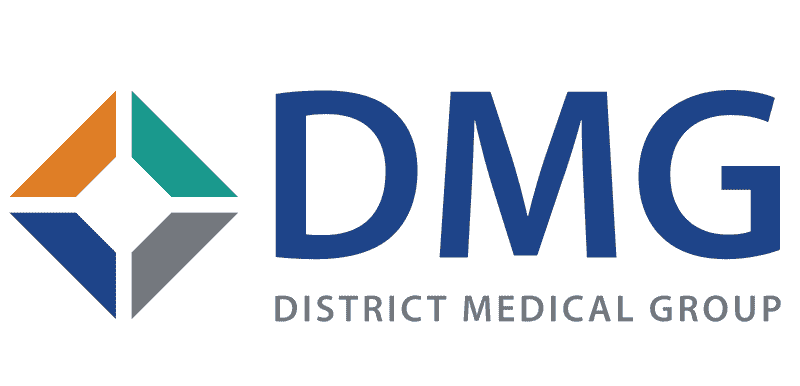What is Chronic Kidney Disease?
What do our kidneys do?
Keeping our kidneys healthy is important as they serve critical functions in our bodies. Our kidneys:
- Remove natural waste products and extra water
- Assist in making red blood cells
- Balance important minerals
- Help maintain healthy blood pressure
- Support bone health
What is chronic kidney disease?
When kidneys become damaged and are unable to do their jobs optimally over a period of time, it is called chronic kidney disease (CKD). According to the National Kidney Foundation, 37 million adults in the United States are living with CKD – and approximately 90% do not even know they have it. Developing CKD is a slow process with few symptoms initially. However, CKD can increase the risk of other health issues such as cardiac (heart) problems and stroke, so it’s important to understand the risk factors and symptoms of CKD.
What are the risk factors for CKD?
Anybody can develop CKD at any age, and in many cases, it is not caused by one single factor. According to the National Kidney Foundation, CKD often results from multiple physical, environmental and social factors. The most common risk factors include:
- Diabetes
- High blood pressure (also called hypertension)
- Heart disease and/or heart failure
- Obesity
- Being aged 60 or older
- Family history
- Personal history of acute kidney injury
- Smoking and/or use of tobacco products
Some other conditions that have been linked to increased risk of CKD are:
- Glomerular disease (a disease in which tiny filters in the kidney that clean your blood are attacked)
- Lupus
- Polycystic kidney disease (an inherited disorder in which clusters of cysts form in your kidneys causing your kidneys to enlarge and lose function)
- Severe infections such as sepsis and hemolytic uremic syndrome
- Other kidney-related conditions including:
- Frequent untreated and/or long-lasting urinary tract infections (UTI)
- Hydronephrosis (swelling of the kidney causing issues with urinating)
- Kidney cancer
- Kidney stones
- Kidney and urinary tract abnormalities before birth
What are the symptoms of CKD?
Many people do not have symptoms of CKD in its early stages. If they do, symptoms may include:
- Foamy urine
- Urinating (peeing) more or less often than usual
- Itchy and/or dry skin
- Fatigue/feeling tired
- Nausea
- Losing weight without trying
- Loss of appetite
Symptoms that come with a more advanced stage of CKD are:
- Achy muscles or cramping
- Breath smells like ammonia (also described as urine-like or “fishy”)
- Numbness or swelling in arms, legs, ankles, or feet
- Shortness of breath
- Trouble concentrating
- Trouble sleeping
- Vomiting
What should I do if I have symptoms or are at increased risk of CKD?
Preventive medicine is critical to early detection of CKD and other medical conditions. If you do not have a primary care provider (PCP), get established with one and schedule an annual wellness visit.
If you have risk factors or symptoms of CKD, let your PCP know immediately. Your PCP will order the appropriate bloodwork and other tests to determine if your kidneys are not working properly or may be damaged. If results show concerns about your kidney function, your PCP will refer you to a kidney disease specialist- a nephrologist.
For more information on CKD and kidney disease, the National Kidney Foundation provides online resources including a one minute online quiz to find out if you are at risk of kidney disease. DMG also includes PCPs and nephrologists located across the Valley all of whom accept new patients and are passionate about helping you live a healthy life.



